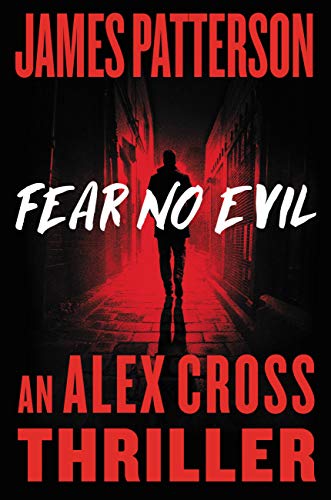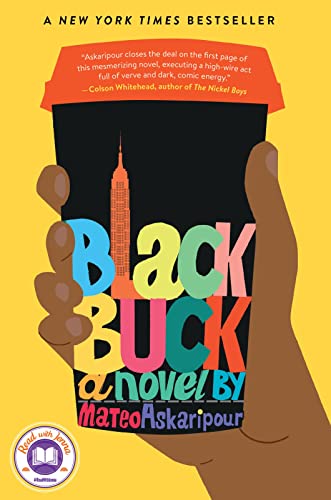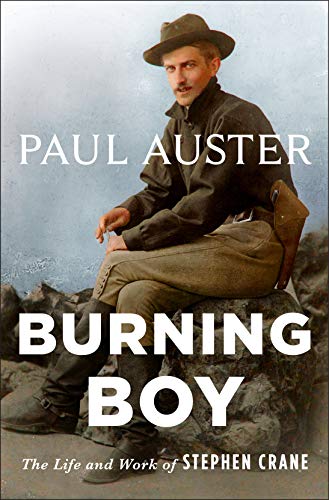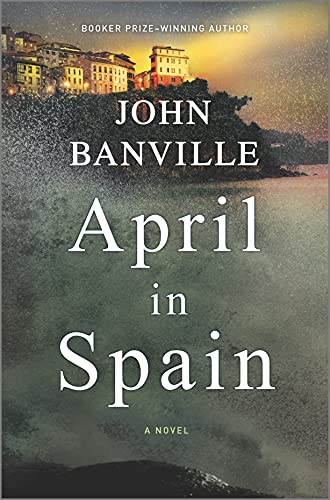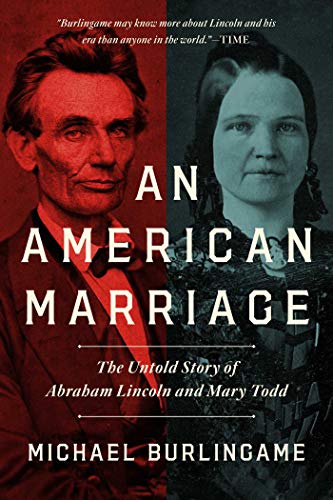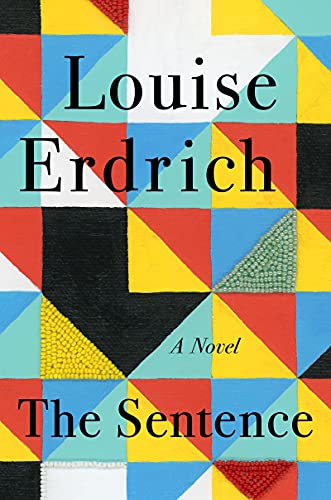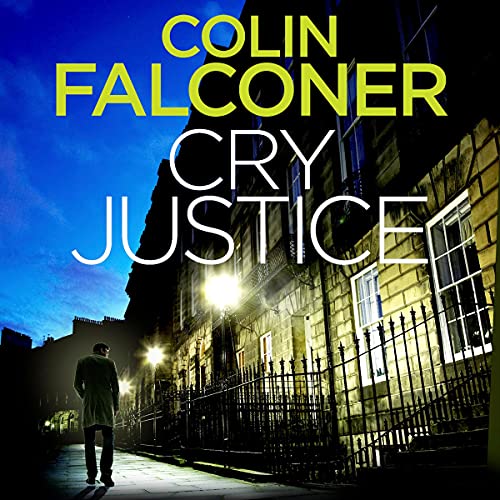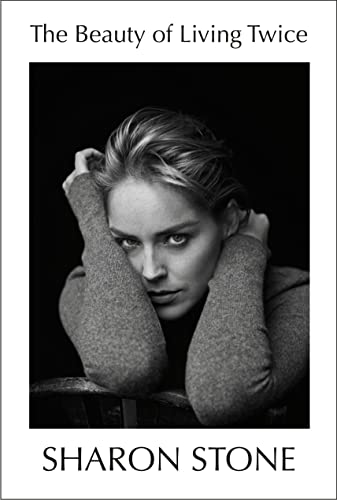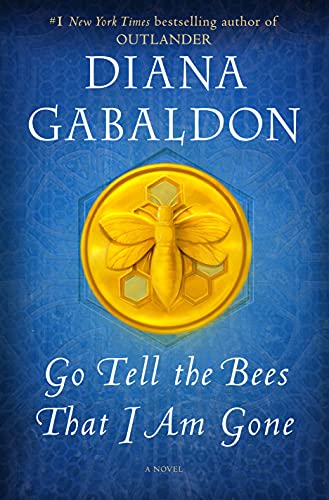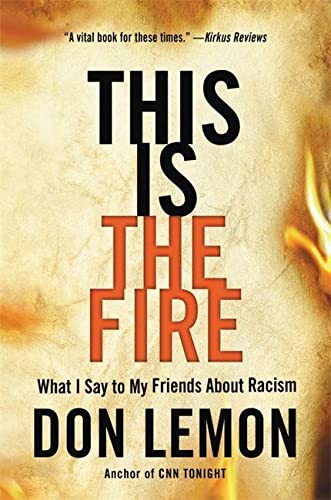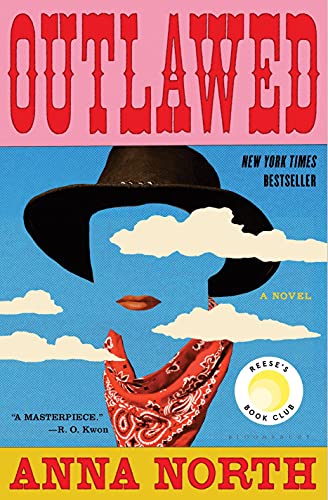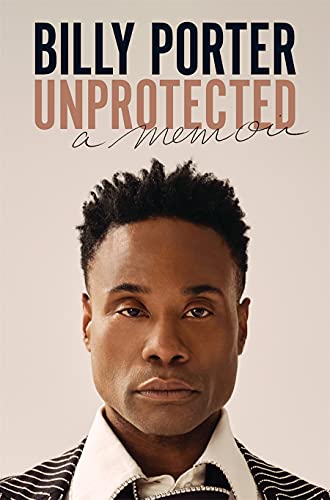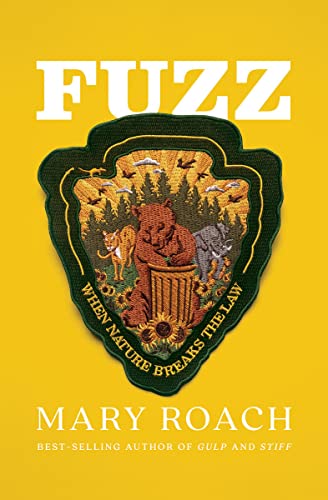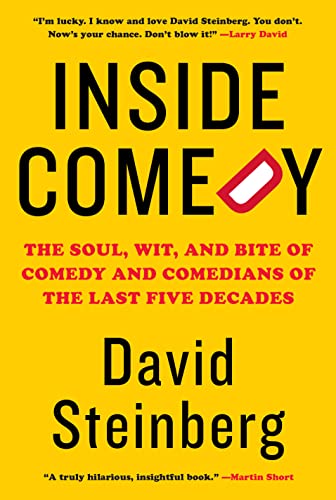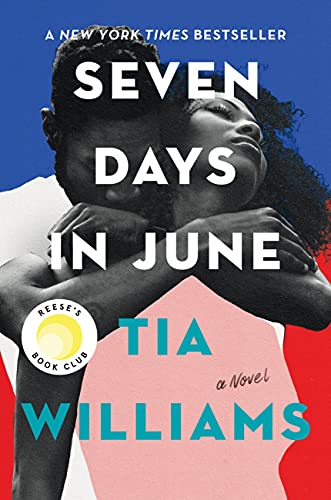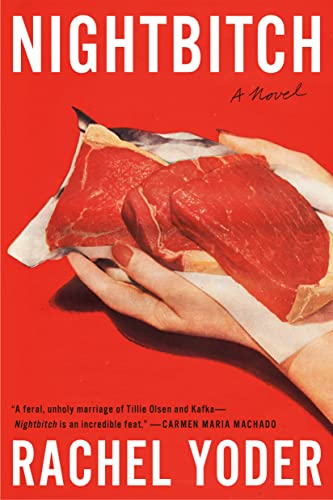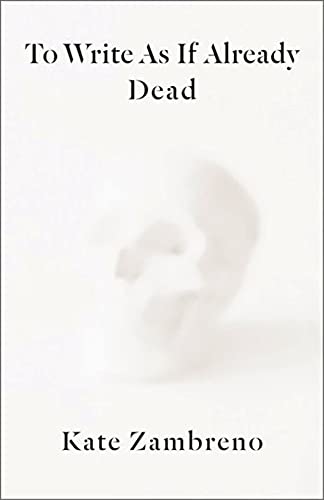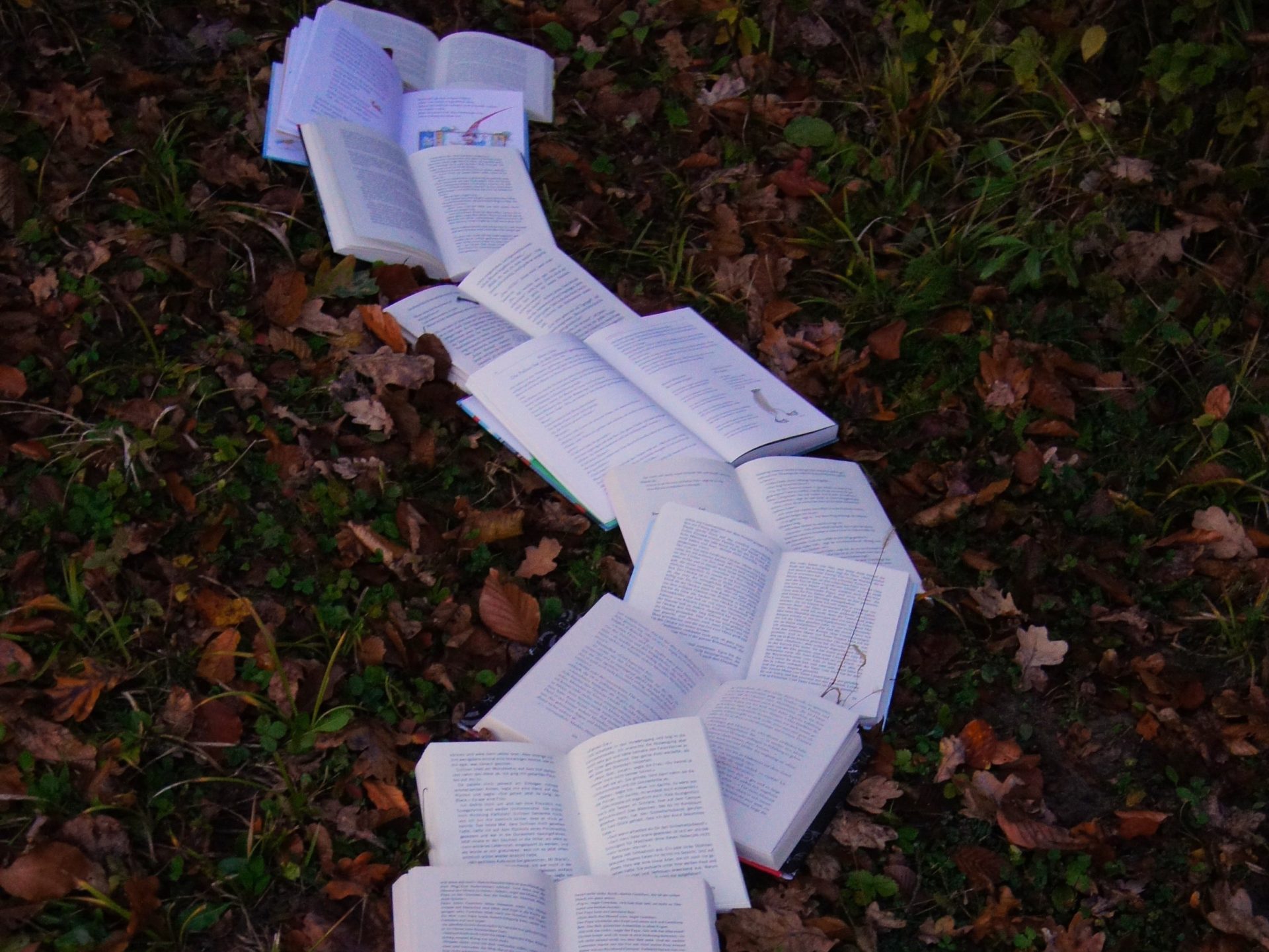
This is the second of what I’m hoping will be an annual post honoring the year’s most memorable opening lines (my first one, at the end of 2020, may be seen here). It’s been a real treat to assemble this collection for bibliophiles, and I’m hoping we can meet here again at the end of next year.
In a 2013 interview with The Atlantic’s Joe Fassler, Stephen King said:
An opening line should invite the reader to begin the story. It should say: Listen. Come in here. You want to know more about this. How can a writer extend an appealing invitation— one that’s difficult, even, to refuse?”
Appealing invitations can take many different forms, as you will shortly see, and I found all of this year’s selections—and many more that didn’t make the final list—not merely difficult to refuse, but almost impossible. Perhaps they’ll have that same effect on you.
-
James Patterson | Fear No Evil
“Matthew Butler cocked his head to one side, considering the big-boned blonde in front of him. She was handcuffed and shackled to a heavy oak chair bolted into the concrete floor beneath bright fluorescent lights.”
After the publication of his 29th Alex Cross mystery, Patterson was asked in an interview by CNN’s Michael Smerconish: “How important is that first paragraph? Do you go back and just make sure that it’s perfect so you hook us from the get-go?” Patterson answered in the affirmative, and explained, “I pretend there’s somebody sitting across from me and I’m telling them a story and I don’t want ’em to get up until I’m finished.”
2. Mateo Askaripour | Black Buck
“The day that changed my life was like every day before it, except that it changed my life.”
On the surface, this is a simple opening line, but it has a compelling subliminal message: When the day that changes our life finally arrives, we may not recognize it as all that significant because it will look just like all the other days.
3. Paul Auster | Burning Boy: The Life and Work of Stephen Crane
“Born on the Day of the Dead and dead five months before his twenty-ninth birthday, Stephen Crane lived five months and five days into the twentieth century, undone by tuberculosis before he had a chance to drive an automobile or see an airplane, to watch a film projected on a large screen or listen to a radio, a figure from the horse-and-buggy world who missed out on the future that was awaiting his peers, not just the construction of those miraculous machines and inventions but the horrors of the age as well, including the destruction of tens of millions of lives in two wars.”
Exceptional opening sentences of 100-plus words are exceedingly rare because they’re so difficult to pull off—but when one brilliant writer writes a biography of another brilliant writer, as we see here, a 104-word opener can dazzle us with its virtuosity.
4. John Banville | April in Spain: A Novel
“Terry Tice liked killing people. It was as simple as that.”
Banville is a writer of serious literary novels (he won the Booker Prize for The Sea in 2005), but he has always had a soft spot in his heart for crime fiction. His most recent Irish noir work opens in a way that is perfectly fitting for the genre.
The narrator continued: “Maybe ‘liked’ wasn’t the right word. Nowadays he was paid to do it, and well paid. But money was never the motive, not really. Then what was? He had given a lot of thought to this question, on and off, over the years.”
5. Michael Burlingame | An American Marriage: The Untold Story of Abraham Lincoln and Mary Todd
“Abraham Lincoln was apparently one of those men who regard “connubial bliss” as an oxymoron.”
Burlingame, an acclaimed Lincoln scholar, continued in his opening paragraph: “During the Civil War, he pardoned a Union soldier who had deserted to return home and wed his sweetheart, who reportedly had been flirting with another swain in his absence. As the president signed the necessary document sparing the miscreant’s life, he said: ‘I want to punish the young man—probably in less than a year he will wish I had withheld the pardon.’”
6. Casey Cep | “Kindred Spirits” in The New Yorker
“It’s a good time to be dead—at least, if you want to keep in touch with the living.”
Cep continued: “Almost a third of Americans say they have communicated with someone who has died, and they collectively spend more than two billion dollars a year for psychic services on platforms old and new. Facebook, Tik Tok, television: whatever the medium, there’s a medium.”
7. Louise Erdich | The Sentence
“While in prison, I received a dictionary. It was sent to me with a note. This is the book I would take to a deserted island. Other books were to arrive from my teacher. But as she had known, this one proved of endless use.”
In a New York Times review, Malcolm Jones wrote about the book: “Set in a bookstore, narrated by a bookseller whose former life in prison was turned around when she discovered books and began to read ‘with murderous attention,’ The Sentence testifies repeatedly to the power books possess to heal us and, yes, to change our lives.”
8. Colin Falconer | Cry Justice
“The head had been impaled on a railing outside the Royal Courts of Justice in the Strand in the early hours of a cold November morning. There was a fine dusting of frost on the corpse’s hair and eyelids which gave it a festive touch.”
Stark contrasts are a staple of great opening lines, and this is an absolute gem from a master storyteller who’s penned some of my other favorite first sentences.
9. Sharon Stone | The Beauty of Living Twice
I opened my eyes, and there he was standing over me, just inches from my face. A stranger looking at me with so much kindness that I was sure I was going to die. He was stroking my head, my hair; God, he was handsome. I wished he were someone who loved me instead of someone whose next words were “You’re bleeding into your brain.”
In the opening words of her best-selling memoir, Stone found a tantalizing way of describing a 2001 medical emergency that, at age forty-three, threatened her career and almost took her life.
10. Diana Gabaldon | Go Tell the Bees That I Am Gone
“You know that something is coming. Something—a specific, dire, and awful something—will happen. You envision it, you push it away. It rolls slowly, inexorably, back into your mind.
You make what preparation you can. Or you think you do, though your bones know the truth—there isn’t any way to sidestep, accommodate, lessen the impact. It will come, and you will be helpless before it.
You know these things.
And yet, somehow, you never think it will be today.”
It’s been seven years since the last Outlander novel—a period called a “droughtlander” by fans—and Gabaldon’s latest work begins by describing an experience that deeply resonates with me, and perhaps with you as well.
11. Don Lemon | This is the Fire: What I Say to My Friends About Racism
May 25, 2020
Dear Trushaad,
Today I heard a dying man call out to his mama, and I wept for the world that will soon belong to you. I know what comes next as surely as I know the Mississippi rolls down to the sea.
The weeping passes, and rage takes hold.
The rage burns out, and blame begins.
The blame bounces back and forth, and promises are made.
The promises wither, and complacency returns.
And the complacency stays. It stagnates like a lullaby on autoplay, until another man dies facedown on another street in another city, and the weeping begins again.
These powerful opening words are from the book’s Prologue, titled “A Letter to My Nephew.” After the unmistakable allusion to the George Floyd killing, Lemon offered a bleak-but-beautifully-phrased assessment.
Astute readers will quickly surmise that Lemon was inspired by James Baldwin’s The Fire Next Time (1963). Both books have fire in the title, and Baldwin also began his work with a letter to his nephew.
12. Thomas McGuane | “Balloons,” in The New Yorker
“Ten years before Joan Krebs left her husband, Roger, and moved back to Cincinnati, I spotted the two of them dining alone by the bricked-up fireplace in the Old Eagle Grill. She was a devoted daughter, her father a sportsman with well-bred dogs, who arrived once a year to peer at Roger and inspect the marriage.”
Opening paragraphs of short stories don’t get much better. The concluding phrase “inspect the marriage” will stay with me forever.
13. Kate Murphy | “I Want U.S. History to Make My Kids Uncomfortable,” in The News & Observer
“I signed up to serve on the media review committee for my middle daughter’s public school library. Meetings are at 7:45 a.m. I am not a morning person and I do not know how I am going to manage one more thing, but as the white Christian mother of three public school students it is very important to me to have influence on what materials my daughters are exposed to in school.
It’s critical to me that the things my children read about American history make them uncomfortable. I want them to be troubled, deeply troubled.”
Op-ed articles aren’t usually admired for their impressive openings, but this one by the pastor of The Grove Presbyterian Church in Charlotte, NC, is an exception to the rule. In her opening paragraph, Murphy gives the impression of going in a certain direction—and then she dramatically heads in the opposite way.
After arguing that it is our patriotic duty to confront the darker aspects of American history, Rev. Murphy concluded her article by writing: “I want my girls to struggle with American history. But it’s not because I want them to hate America or themselves. I want them to struggle with the past so that they can fall in love with all that America could be. I want them to be uncomfortable with the past so they can join us to change the future.”
14. Anna North | Outlawed
“In the year of our Lord 1894, I became an outlaw. Like a lot of things, it didn’t happen all at once.
First I had to get married.”
I have one question: how can you not read on?
15. Billy Porter | Unprotected: A Memoir
“This is not a coming-out- story. It’s not a down-low story either. I never could have passed for straight, even if I’d wanted to, and so I never had the dubious luxury of living a lie. By the time I was five, it was all too clear that something was wrong with me. Everyone knew it, and I knew it too.”
Porter, one of Broadway’s most gifted performers, continued: “It was why grown-ups shook their heads and spoke in lowered tones whenever I was in the room. It was why I had to talk to a Nice White Man once a week, in his office in the big building up the street.”
As a young boy, Porter explained that he “was drawn to all the wrong pastimes,” and he ticked off a host of examples: Double Dutch jump rope, Easy-Bake Ovens, taffeta and lace fabrics, the hats worn by church ladies, and his Aunt Sharon’s shoes, especially her “candy-apple red pumps,” which ultimately got him banished from her bedroom.
16. Joshua Prager | “The Roe Baby,” in The Atlantic
“Nearly half a century ago, Roe v. Wade secured a woman’s legal right to obtain an abortion. The ruling has been contested with ever-increasing intensity, dividing and reshaping American politics. And yet for all its prominence, the person most profoundly connected to it has remained unknown: the child whose conception occasioned the lawsuit.”
Like almost everyone else, I assumed that Jane Roe—in reality, a Dallas waitress named Norma McCorvey—went on to have an abortion. She didn’t. In his article, Prager revealed for the first time the name —and emotionally-riveting story—of the person at the heart of the case: 51-year-old Shelley Lynn Thornton.
17. Mary Roach | Fuzz: When Nature Breaks the Law
On June 26, 1659, a representative from five towns in a province of northern Italy initiated legal proceedings against caterpillars.
In her latest book, Roach—my nomination for history’s wittiest popular science writer—turned her attention to human-wildlife conflicts, and she found a delightful way to introduce the subject.
18. David Steinberg | Inside Comedy: The Soul, Wit, and Bite of Comedy and Comedians of the Last Five Decades
“Insecurity combined with arrogance is good DNA for a comedian. So is anger, aggression, and sadness.”
Steinberg opens his book with an assertion that is widely believed in the world of show business—comedians may make people laugh, but it is something on the other end of the spectrum from laughter that produces comedians.
19. Tia Williams | Seven Days in June
“In the year of our Lord 2019, thirty-two-year-old Eva Mercy nearly choked to death on a piece of gum. She’d been attempting to masturbate when the gum lodged in her throat, cutting off her air supply.”
Of all the selections this year, this is my favorite. I almost fell out of my chair when I first read it—and things only got better as I continued reading: “As she slowly blacked out, she kept imagining her daughter, Audre, finding her flailing about in Christmas jammies while clutching a tube of strawberry lube and a dildo called the Quarterback (which vibrated at a much higher frequency than advertised—gum-choking frequency). The obituary headline would be ‘Death by Dildo.’ Hell of a legacy to leave her orphaned twelve-year-old.”
20. Rachel Yoder | Nightbitch: A Novel
“When she had referred to herself as Nightbitch, she meant it as a good-natured self-deprecating joke—because that’s the sort of lady she was, a good sport, able to poke fun at herself, definitely not uptight, not wound really tight, not so freakishly tight that she couldn’t see the humor in a light-hearted not-meant-as-an-insult situation—but in the days following this new naming, she found the patch of coarse black hair sprouting from the base of her neck and was, like, What the fuck.”
The narrator—an unnamed 37-year-old artist who has become a frustrated stay-at-home mother of a toddler—thinks she is turning into a dog. If Kafka were alive today, he’d likely be tweeting about Yoder’s spectacular debut novel.
21. Kate Zambreno | To Write As If Already Dead
There comes a moment when you are finally given some space and quiet, maybe an hour, possibly two, the occasional birdsong by an open window, and you must go to that other room and return to the problem you’ve been attempting to unravel.
In this genre-bending work, Zambreno begins by describing an experience all people are familiar with. And for me, that final phrase has a haunting quality.
If you failed to find your favorite opening lines from 2021 in this post, you might find them on www.GreatOpeningLines.com, history’s first website devoted exclusively to the celebration of great opening lines in world literature. And if you cannot find them there, please e-mail them to me at [email protected].
See you next year.

Dr. Mardy Grothe
Dr. Mardy Grothe is a retired psychologist and author of eight quotation anthologies, including Oxymoronica and I Never Metaphor I Didn’t Like (for more, go to: www.drmardy.com). He is also the compiler of “Dr. Mardy’s Dictionary of Metaphorical Quotations,” history’s largest online database of metaphorical quotations.



